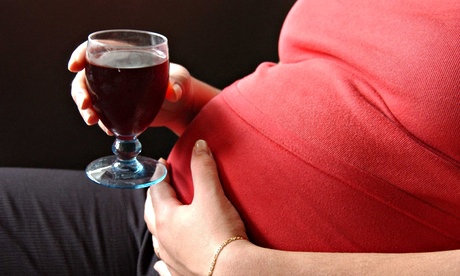
A pioneering compensation claim on behalf of a child who was severely damaged by her mother's heavy drinking during pregnancy is to go before the court of appeal.
Permission has been given for the court to hear allegations that the mother ignored warnings from social workers and antenatal medical staff that her heavy alcohol consumption risked harming her unborn baby.
The lawsuit is being filed by a local authority in north-west England, which cares for the child, who is now six years old, against the Criminal Injuries Compensation Authority. It maintains the mother's action constituted the crime of poisoning under section 23 of the Offences Against the Person Act 1861.
The mother is no longer in contact with the child, who has suffered developmental problems. Foetal alcohol syndrome can result in babies being born with brain damage as well as distorted facial features. The local authority won its claim in the initial hearing but lost in the upper administrative tribunal on the grounds that an unborn child is not a person in law and therefore no criminal offence could have been committed.
The case has provoked a wide-ranging debate about the rights of the foetus and calls for mothers who drink excessively during pregnancy to be prosecuted. Neil Sugarman, of GLP Solicitors, who is representing the local authority, said some US states have made it a criminal offence.
He welcomed the legal permision allowing the case to go to the court of appeal. "This case involves a child who is now six years old and was born with foetal alcohol syndrome after her birth mother continued to drink alcohol excessively during pregnancy after having been warned that this might damage her child," he said.
"At an original appeal hearing a tribunal decided that this was tantamount to poisoning the child and that she had been the subject of a violent crime for the purposes of the Criminal Injuries Compensation Scheme." He said he would challenge the accepted legal convention that an unborn child cannot be a person under law. The case, he maintained, resulted in very similar injuries to cases involving young infants who were shaken violently shortly after birth and suffered severe brain damage.
If successful, the case could create a legal precedent with far-reaching implications about a pregnant woman's right to control her body and whether a foetus has legal rights before it is born. It is likely to take several months to come to court.

